Magazines
Showing 1–9 of 18 results
-
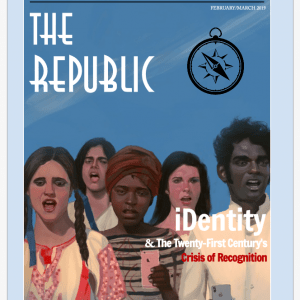
The Republic V3, N1 Race and Identity in the Modern World
₦9,000.00 Read more -
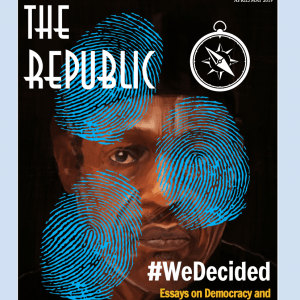
The Republic V3, N2 Democracy under President Buhari
₦9,000.00 Read more -
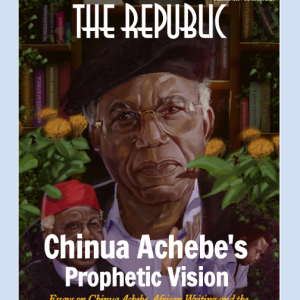
The Republic V4, N1 Chinua Achebe's Prophetic Vision
₦9,000.00 Add to basket -
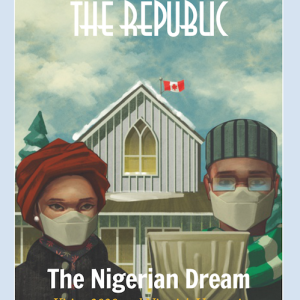
The Republic V4, N2 The Nigerian Dream
₦9,000.00 Add to basket -
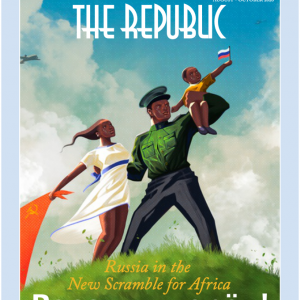
The Republic V4, N3 Russia in the New Scramble for Africa
₦9,000.00 Pre-Order Now -
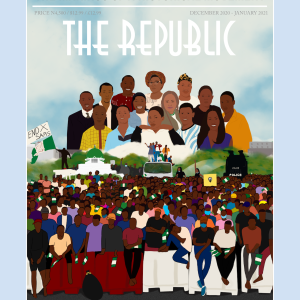
The Republic V4, N4 #EndSARS and the Makings of a Historical Movement.
₦9,000.00 Add to basket -
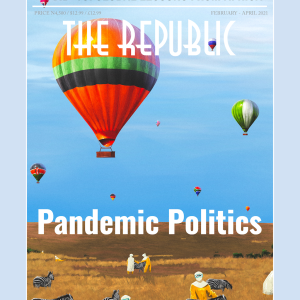
The Republic V5, N1 COVID-19: Global Lessons From Africa
₦9,000.00 Add to basket -
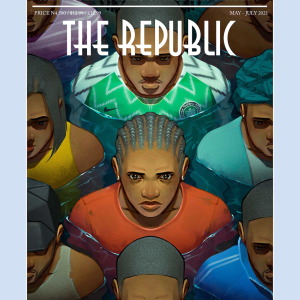
The Republic V5, N2 Modern Slavery in Africa
₦9,000.00 Add to basket -
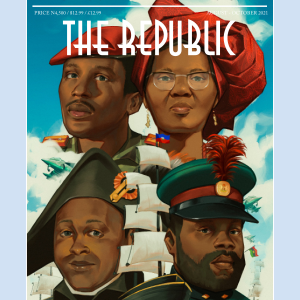
The Republic V5, N3 Revolutionary Leaders and Movements in African History
₦9,000.00 Read more


